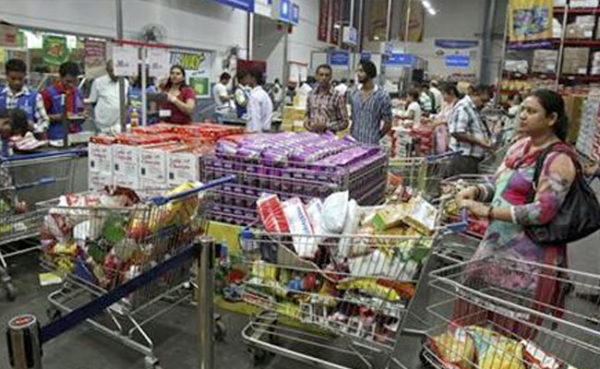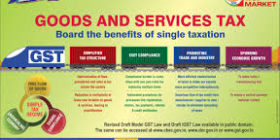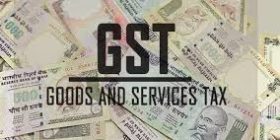The Goods and Services Tax (GST) rate will have four brackets – 5, 12, 18 and 28 per cent. Finance Minister Arun Jaitley has said it will be announced later how different items and services will be taxed, but essentials and food will be in the lowest tax slabs while luxury and sin goods like tobacco products will be in the highest and will attract an extra cess.
Here is a 10-points:
To keep inflation under check, essential items including food, which presently constitute roughly half of the consumer inflation basket, will be taxed at zero rate.
Some common use items like tea and spices are expected to be taxed at the lowest bracket of 5 per cent. Currently, the effective tax on these items is mostly higher than 5 per cent. The centre had earlier proposed a 6 per cent tax on these items and Chief Economic Advisor Arvind Subramanian said lowering it to 5 per cent should bring prices down without fear of inflation.
Most goods will be taxed at the standard rates – 12 per cent and 18 per cent. Tax experts said personal care items like shaving cream, toothpaste and soaps could be placed in the 12 per cent bracket. They are currently taxed at around 30 per cent. FMCG stocks rallied today with HUL and Colgate rising 1-3 per cent.
Some household electronics items and white goods could be under the 18 per cent tax slab, said Amit Bhagat, partner at PwC India.
Currently, these are taxed at around 30 per cent.
Finance Minister Arun Jaitley said yesterday that while some white goods items – he did not elaborate – would be taxed at the highest slab of 28 per cent, many such items are now used by the middle and lower income groups and so are likely to be taxed at 18 per cent rate.
Film tickets could get cheaper if the government puts them under the 18 per cent service tax slab assuming that film exhibition is a service, say tax experts. Currently entertainment tax rate on box office collections range between 24 per cent and 26 per cent, say experts.
The top bracket of 28 per cent will apply to luxury items, some of which, like luxury cars and aerated drinks, will also attract an additional cess. Such a cess will also apply to tobacco products, which are currently taxed at around 60 per cent. Shares of ITC, India’s biggest cigarette maker, rallied 4 per cent today.
Experts said if small cars are included in the 18 per cent tax slab, prices could get cheaper. Currently tax rates on cars range around 28 per cent.
Mr Jaitley didn’t elaborate which tax rate will apply to services, which contribute nearly 60 per cent to India’s $2 trillion economy. Mahesh Jaising, partner at BMR & Associates LLP, said services could come under both the 12 per cent and 18 per cent brackets, with essential services in the lower slab. Right now service tax rate is 15 per cent.
Amit Bhagat, partner at PwC India, said industry may not announce price cuts where applicable immediately after GST is implemented. It could take three to six months before price cuts are announced, he said. The government aims at rolling out GST, a unified tax that replaces a slew of indirect taxes, by April 1 next year.






Leave a reply